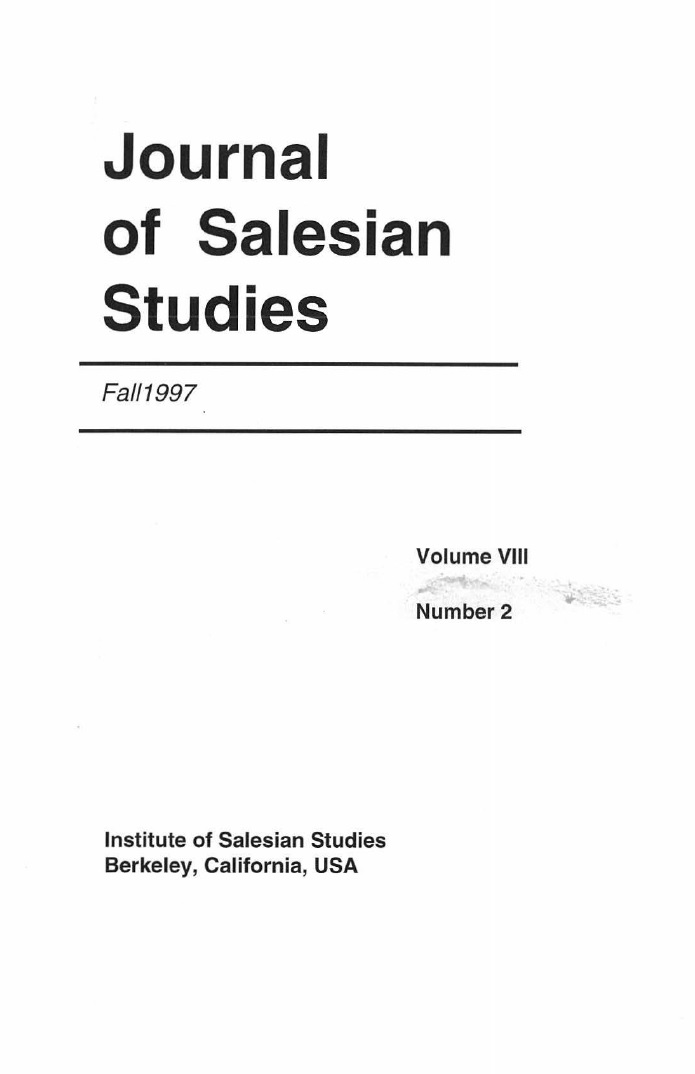Firstly, I will state my position regarding a feminist Christian spirituality in relation to embodiment.
Secondly, I will situate the figure of Maria Mazzarello within the context of Italian spirituality by succinctly exploring some major notions of nineteenh-century Italian asceticism with its particular impact on women.
In the final section a critique of the autobiographical works of Maria in reference to embodiment spirituality will be explored.
The analysis will highlight two issues: how Maria broke with convention on significant philosophical and consequently theological ascetical orientations, and it will also indicate the retrieval of an embodied spirituality.
Contents:
- Introduction
- Embodiment and Christian Spirituality
- Nineteenth-century Italian Catholic Ascetical Practice
- The Century of Asceticism
- Nineteenth-century Italian Asceticism and its Impact on Women
- A Theology of the Body: an Analysis of the Autobiographical Works of Maria Domenica Mazzarello
- Care for the Body not Distrust of the Body
- The Body Viewed Within the Realm of Selfmotivational Choices and Constant Re-evaluation of Life-style, not an Obstacle to Overcome through the Practice of Purity
- The Body Considered Within the Notion of a Developing Self invested in Material Conditions not as a Punitive Understanding of the Spiritual Experience
- Conclusion
Reference time period: 1800 – 1880
E. M. MacDonald, “Towards a Theology of the body: an analysis of the letters of Maria Dominica Mazzarello”, in «Journal of Salesian Studies» 8 (1997) 2, 310-331.
Reference institution:
Institute of Salesian Studies
